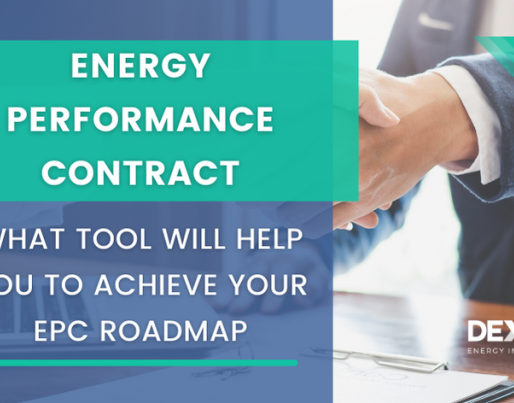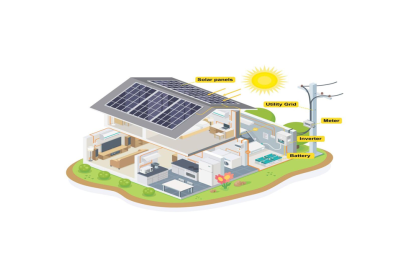
Energy Performance Contract: What is the Best Tool to Track the Progress of your Roadmap?

Energy Performance Contract: What is the Best Tool to Track the Progress of your Roadmap?
The Energy Performance Contract (EPC), is one of the modalities of contracting energy services. In this article, you’ll find out what is the Energy Performance Contract and what tool can help your company to ensure the reduction of energy consumption whatever its sector of activity: industry, service, public administration, transport, etc…
What is an Energy Performance Contract or EPC?
Energy savings and energy efficiency play an essential role in the energy strategy of Western countries to achieve the energy transition objectives.
The trade agreement reached between UK and UE in 2020, due to the BREXIT, resulted in the UK’s exit since 1 January 2021 from the joint action of European Countries against climate change. But equally, both sides will continue to respect key environmental principles, such as precaution integration, energy transition, and the payment of damages by the pollutes.
All of them influenced by the Directives 2006/32/EC, 2012/27/EU on Energy Efficiency at European level, and some UK regulations such as the Energy Savings Opportunity Scheme (ESOS) at a national level – some tools implemented by the different Administrations to encourage the development of the Energy Efficiency sector.
Launched by the European Union (EU) in 2006 – initially, for the building sector – Energy Performance Contracts (EPCs) aim to improve the energy efficiency of buildings. It is a link between a customer and a specialised energy service operator with which an internal commitment is made to implement energy consumption optimisation systems. In other words, the main objective of an EPC is to reduce the energy consumption of buildings, whether public or private (residential, tertiary, industrial, local authorities), and to guarantee this effort over time.
The Government of the UK offers some accompanying guidance notes and guides to best practices for the Model Energy Performance Contract on its website.
Making a company or a building consume less energy is not a simple task: the analysis is complex and requires a certain amount of experience. Often, the company is not even able to identify the most appropriate way to reduce pollutant emissions from its buildings.
The energy performance contract allows each company to manage its entire energy performance with the help of a specialist. The company can then delegate the management of its energy, thus paying for itself through the savings it generates.
The EPC differs from other energy services in that it combines an investment to improve the energy efficiency of a building with a guarantee of reduced energy consumption. It is therefore called an Energy Performance Guarantee Contract (EPC).
By guaranteeing a reduction in consumption (and therefore often in the energy bill), the energy service operator (ESCO) commits to the impact of the measures on the consumption of the industry or building stock. If the target is not reached, the operator pays a penalty (malus) to its customer. If the target is reached and exceeded, the benefits (bonus) are shared between the two parties.
In short, an EPC should:
- Define a baseline situation,
- Define energy performance actions to achieve energy savings,
- Ensure energy savings over time and reduce the carbon footprint of your building or group of buildings.
Click here to discover who are the actors in an Energy Performance Contract (EPC)

